ATLANTA, USA: Findings from a web-based survey have shown that over a quarter of private dental practices that participated did not have a written site-specific bloodborne pathogen exposure control plan (ECP). The study was conducted by the National Institute for Occupational Safety and Health (NIOSH) and the Organization for Safety, Asepsis and Prevention and is one of the first to examine the extent of awareness of and compliance with the Occupational Safety and Health Administration bloodborne pathogen standard in private dental practices.
The standard covers all dental health care settings in which dental health care workers could be exposed to blood or certain bodily fluids during the performance of their job. It also describes precautionary practices to protect health care workers from pathogens such as the hepatitis B virus, hepatitis C virus and HIV. These pathogens can be transmitted from patient to dental health care provider or patient to patient via contact with blood or certain bodily fluids.
Overall, 1,059 respondents representing private dental practices across the U.S. completed the online survey. According to the results, 28 percent did not have a written site-specific ECP, including 4 percent who did not know whether they had one. Furthermore, 50 percent without an ECP had no plans to implement one in the next 12 months, and 20 percent with a plan had not implemented all of the elements. Regarding the latter, the primary reasons given were “not aware it was needed,” “lack of expertise” and “lack of time.”
“Having an effective exposure control plan that everyone in the dental office is aware of will better protect dental healthcare personnel and their patients from exposure to bloodborne pathogens. Identifying any barriers to the implementation of an exposure control plan is a critically important step to making the exposure control plan as effective as it can be,” stated NIOSH Director Dr. John Howard. “The findings support the need for increased continuing education and training on methods to prevent occupational exposure to bloodborne pathogens in dental settings.”
This study, titled “Use of bloodborne pathogens exposure control plans in private dental practices: Results and clinical implications of a national survey,” was published in the June issue of the Compendium of Continuing Education in Dentistry.
Tags:
LONDON, UK: The average value of dental practices that offer care to NHS patients increased in the three-month period ended 30 April, bucking a downward ...
Pulpal exposures are unfortunately a routine occurrence when treating carious teeth and frequently lead to endodontic treatment owing to the size of the ...
HEIDELBERG, Germany: When a patient requires orthodontic treatment, it is common practice to capture the dental malposition with a radiograph. Scientists ...
HELSINKI, Finland: In a new study recently carried out by researchers at the University of Helsinki, it was found that the common periodontal pathogen ...
HELSINKI, Finland: In a new study recently carried out by researchers at the University of Helsinki, it was found that the common periodontal pathogen ...
LEIPZIG, Germany: Major dental manufacturers have begun the year with cautious optimism and an ear to the ground. The first financial quarter of 2025 did ...
TOKYO, Japan: Researchers from Tokyo Medical and Dental University have added to the literature linking periodontal disease and cardiovascular disease by ...
In my daily practice, I do a great deal of crown and veneer work, and because I had heard good reports from colleagues about the Primea Advanced Air (W&H), ...
XI’AN, China: Digital technologies are reshaping the management of edentulism by streamlining the restorative workflow for complete dentures. Compared ...
QUEBEC CITY, Canada: Various studies have investigated the effectiveness of fluoridated water in the prevention of dental caries. A recent study has taken a...
Live webinar
Tue. 3 March 2026
11:00 am EST (New York)
Dr. Omar Lugo Cirujano Maxilofacial
Live webinar
Tue. 3 March 2026
8:00 pm EST (New York)
Dr. Vasiliki Maseli DDS, MS, EdM
Live webinar
Wed. 4 March 2026
12:00 pm EST (New York)
Munther Sulieman LDS RCS (Eng) BDS (Lond) MSc PhD
Live webinar
Wed. 4 March 2026
1:00 pm EST (New York)
Live webinar
Fri. 6 March 2026
3:00 am EST (New York)
Live webinar
Tue. 10 March 2026
4:00 am EST (New York)
Assoc. Prof. Aaron Davis, Prof. Sarah Baker
Live webinar
Tue. 10 March 2026
8:00 pm EST (New York)
Dr. Vasiliki Maseli DDS, MS, EdM



 Austria / Österreich
Austria / Österreich
 Bosnia and Herzegovina / Босна и Херцеговина
Bosnia and Herzegovina / Босна и Херцеговина
 Bulgaria / България
Bulgaria / България
 Croatia / Hrvatska
Croatia / Hrvatska
 Czech Republic & Slovakia / Česká republika & Slovensko
Czech Republic & Slovakia / Česká republika & Slovensko
 France / France
France / France
 Germany / Deutschland
Germany / Deutschland
 Greece / ΕΛΛΑΔΑ
Greece / ΕΛΛΑΔΑ
 Hungary / Hungary
Hungary / Hungary
 Italy / Italia
Italy / Italia
 Netherlands / Nederland
Netherlands / Nederland
 Nordic / Nordic
Nordic / Nordic
 Poland / Polska
Poland / Polska
 Portugal / Portugal
Portugal / Portugal
 Romania & Moldova / România & Moldova
Romania & Moldova / România & Moldova
 Slovenia / Slovenija
Slovenia / Slovenija
 Serbia & Montenegro / Србија и Црна Гора
Serbia & Montenegro / Србија и Црна Гора
 Spain / España
Spain / España
 Switzerland / Schweiz
Switzerland / Schweiz
 Turkey / Türkiye
Turkey / Türkiye
 UK & Ireland / UK & Ireland
UK & Ireland / UK & Ireland
 Brazil / Brasil
Brazil / Brasil
 Canada / Canada
Canada / Canada
 Latin America / Latinoamérica
Latin America / Latinoamérica
 USA / USA
USA / USA
 China / 中国
China / 中国
 India / भारत गणराज्य
India / भारत गणराज्य
 Pakistan / Pākistān
Pakistan / Pākistān
 Vietnam / Việt Nam
Vietnam / Việt Nam
 ASEAN / ASEAN
ASEAN / ASEAN
 Israel / מְדִינַת יִשְׂרָאֵל
Israel / מְדִינַת יִשְׂרָאֵל
 Algeria, Morocco & Tunisia / الجزائر والمغرب وتونس
Algeria, Morocco & Tunisia / الجزائر والمغرب وتونس
 Middle East / Middle East
Middle East / Middle East
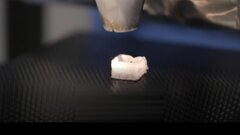



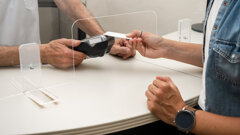

















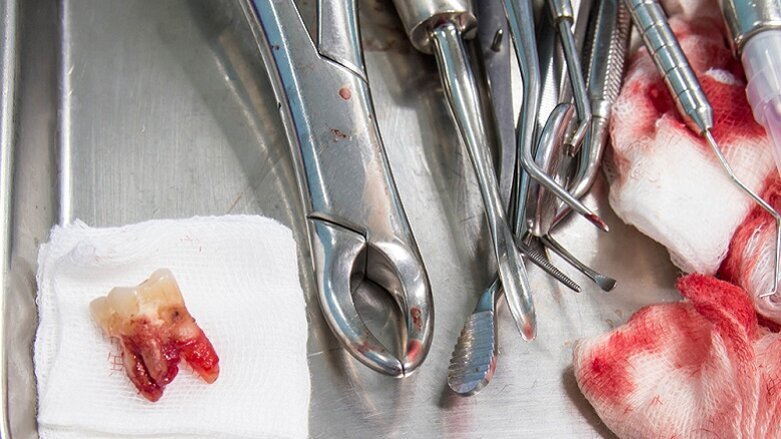




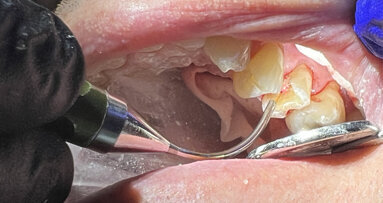
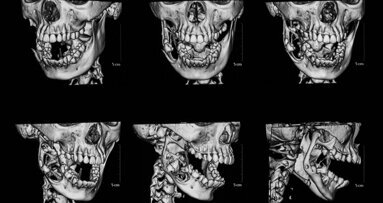


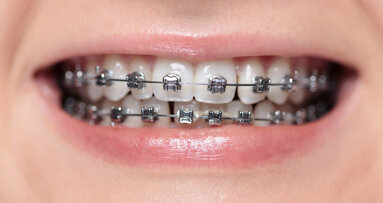

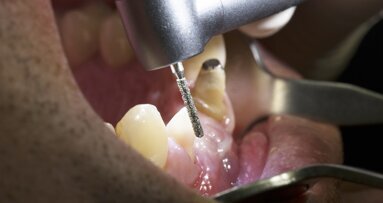
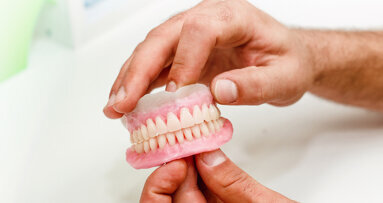








To post a reply please login or register